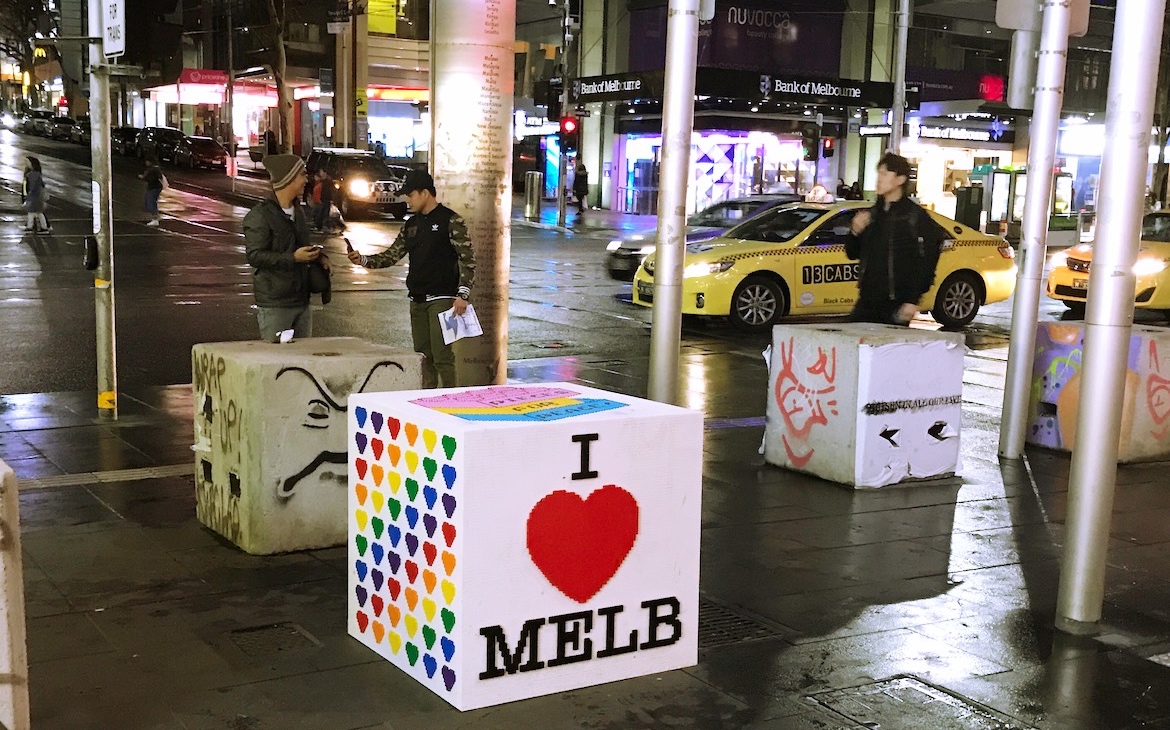They say that little things can make a big difference and that’s certainly the case in the security industry. Take the recent foiled terror plot to use a bomb or poisonous gasses to bring down a plane travelling from Sydney to the Middle East.

When Australian police questioned the suspects about this thwarted plot, they also discovered details about a previous unsuccessful aircraft attack.
So what stopped this earlier planned attack from going ahead? It seems a diligent staff member who followed routine processes and procedures saved the day.
An airline worker reportedly refused to check-in a bag (that is now believed to have contained explosives) because the bag was heavier than the airline’s luggage weight limits.
Now, this staff member did not know what was in the bag. But they did know the airline’s rules, processes and procedures, which have a safety and security focus. As part of their training, they would have learned that disregarding the little things — like a bag being a few kilo’s over the weight limit — could lead to serious consequences.
Big save by stadium security
The security guard working at a Paris stadium full of 80,000 people also knew to remember the little things. He was working at the entry turnstiles at a 2015 football match between France and Germany.
The security guard denied entry to a man because the man didn’t have a ticket, despite him telling the guard his friend was just inside the stadium with his ticket. After turning the man away, it was reported that the guard kept an eye on the man. He saw that the man had become agitated and ran to another turnstile to try and enter the stadium again.
The guard also rushed to that turnstile and told his teammates not to let the man in. Realising the game was up, the man took a few steps away from the gate and detonated a suicide vest and killed himself.
He was one of three suicide bombers who killed themselves outside the stadium that day as part of a planned attack. The security guard did not know the man was wearing a suicide vest. But he knew the processes and procedures, and had observed that something did not seem quite right about the man.
Although tragically one innocent person was killed that day, because security had followed routine procedures and stopped the men entering the crowded stadium, they prevented many more deaths.
These are just some of the examples of how taking care of the little things can make a big difference to safety.
Little gestures give hope after heartbreak
Unfortunately, daily tragedies from all over the world show that we can’t control every part of the bigger security picture, especially when people are determined to hurt others and create fear.
But what we can control is our response to these violent acts. And the little ways in which we react can make a big difference.
The Melbourne community’s response to the Bourke Street fatal attack on pedestrians is one example.
Soon after the attack, concrete bollards were installed in key pedestrian areas as a sobering reminder of today’s security threats. But rather than just conceding that these drab bollards were now a fact of life, the Melbourne community responded in a positive way.
One by one, little by little, locals transformed these bland cement bollards by decorating them with bright and artistic creations. It made big difference to the atmosphere around these bollards, and showed the world what Melbourne really cares about.
A focus on taking care of the little things forms a core part of the training for the National Protective Services team. Every day, no matter what the job, we are careful to remember that getting the little things right is vital to keeping our clients and their people safe and secure.